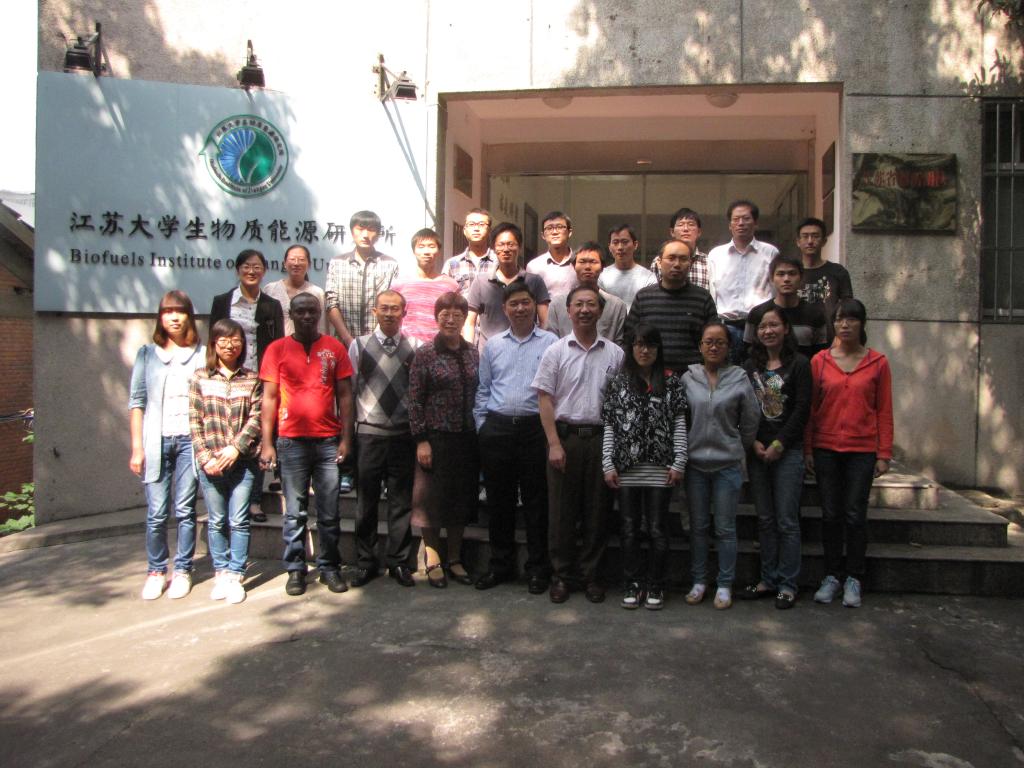
Biofuels Institute of Jiangsu University was set up in 2009. It is a multi-disciplinary research agency for biomass-based fuels and chemicals. To meet the emerging challenges in developing renewable and cost-effective energy products and sound environments in China, the institute would aim to develop the relevant technologies for biofuels and chemicals mainly from the lignocellulosic biomass by the science and technology innovation, especially to develop the novel technologies with the use of bionics from a variety of natural biomass utilization systems, such as wood-feeding termites or other cellulose-eating animals.
A multi-disciplinary research team across nationwide has been established and coordinated by Professor/Dr. Jianzhong Sun, director of Biofuels Institute of Jiangsu University. Currently, there are more than ten principal investigators to be employed in this institute as full-time faculty/professionals, and another ten outstanding scientists either from home or abroad to be hired as the adjunct professors who own different background/expertise in a variety of disciplines. Additionally, the institute has a variety of MS/Ph.D. student programs to be conducted that are primarily relevant to developing the advanced technologies for biomass-based fuels and chemicals.
To meet the general goals of this institute, ten professional laboratories with different functions have also been established and equipped with the advanced instruments/devices in the institute, which mainly include utilization of termite/animal digestion systems, gene engineering, enzyme engineering, bioprocess engineering, extreme microorganisms, bioreactor engineering, biomaterials, cellulosic energy crops, microbial fuel cells and so on.
Uniquely, with the exploratory investigations in various natural biomass degrading systems, this institute aims to provide up-to-date and revolutionary technologies via “bioprocessing mimicking” for cost effective and competitive biofuels production using biological pathways. The highlights of our research agenda are also focused on improving the conversion efficiency of biomass by modifying plant cell wall structures and its compositions, as well as the exogenous lignocellulolytic gene expressions for the dedicated energy crops.
With some of the most intractable issues facing the world regarding efficient and economic conversion of lignocellulosic biomass, we would try our best to realize the core scientific and technological breakthroughs and the fundamental goals established for the institute.